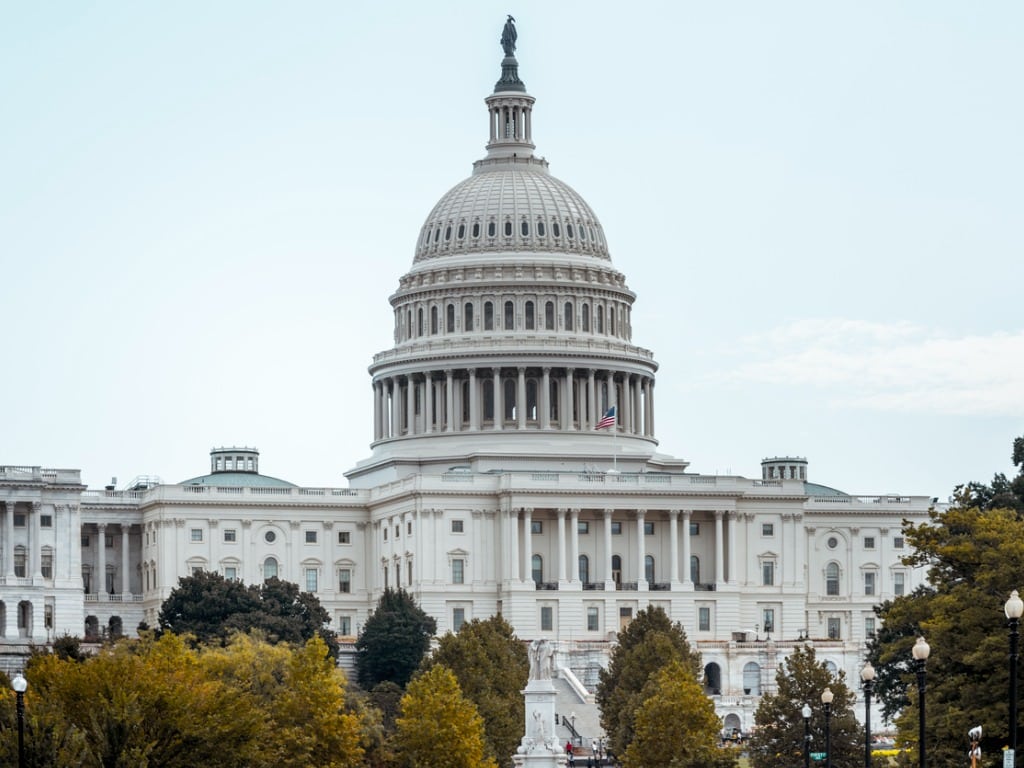Senator Chuck Grassley (R-IA) is taking another swing at passing crucial amendments to the False Claims Act that would solve various issues with the landmark anti-corruption and whistleblowing law, mostly created by recent judicial interpretations of the Act. Advocacy group the National Whistleblower Center (NWC) sent a letter in support of the current draft of the amendments to the Senate Judiciary Committee, which scheduled an October 21 mark-up to discuss the current language. The letter urges the Committee to adopt the amendments, stating that “these amendments would protect the success of the False Claims Act, which has been a crucial tool for protecting taxpayers and the medical system.”
However, the bill was not voted on at the mark-up meeting. Allegedly based on intensive lobbying by the American Hospital Association, the Senate Judiciary Committee decided to move the vote on the amendments to October 28.
The biggest change the amendment would make to the False Claims Act addresses its handling of a concept known as “materiality.” The question of whether or not a False Claims case is material is complicated, but boils down to the extent of the government’s knowledge of alleged fraud that was committed as well as the government’s decision to continue to pay the alleged fraudsters. Due to lower court interpretations of the high-profile U.S. Supreme Court case United Health Services v. United States ex rel. Escobar, defendants in False Claims cases have realized that they can have their cases thrown out just by showing that the government in some way had knowledge of the fraud yet continued to pay the contract. This wide interpretation has been abused over recent years, allowing parties that were subject to extremely strong fraud cases having their cases dropped.
Stephen M. Kohn, a top whistleblower lawyer at Kohn, Kohn & Colapinto, went into great detail to explain both the proposed amendments and why they are essential at this moment. In an October 25 article for the National Law Review, Kohn said that “the current uncertainty in the law is discouraging whistleblowers and undermining the ability of the federal government to police its contracts.” While some lower courts have challenged the current and prevailing interpretation of materiality, this judicial disagreement has sowed discord in public understanding of what was, up until recently, a rock-solid anti-fraud law.
Kohn continued on to say that “the current materiality standard in the law remains unchanged, and guidance is provided as to how that provision should be interpreted to avoid the abuses witnessed in the Escobar case.”
Other whistleblower experts chimed in too, supporting the amendments and promoting their speedy passage. Siri Nelson, the Executive Director of NWC, said: “We ask the Senators on the Senate Judiciary Committee, in the strongest terms, to support Senator Grassley’s Manager’s Amendment to the False Claims Amendments Act of 2021. These critical whistleblower protections strengthen and protect the False Claims Act and will improve upon the Act’s years of success protecting taxpayers and recovering billions for them. Amid the ongoing COVID-19 crisis, we need a strong False Claims Act that can expose wrongdoers seeking to capitalize on a crisis and bring them to justice.”
The amendments also clarify another important element of the False Claims Act relating to retaliation and post-employment treatment of whistleblowers. Up to this point, the interpretation of the anti-retaliatory provisions of the False Claims Act did not include whistleblowers who no longer worked at the organization. This makes it easy for employers to simply fire their employees if they want to blacklist them, or retaliate against them in other ways.
The amendment would change the wording of that particular clause and ban retaliation against current or former employees, thus protecting whistleblowers from undue discrimination in their fields.
Read NWC’s letter to the Committee here.
Read WNN’s article about a previous attempt to stonewall FCA amendments.
